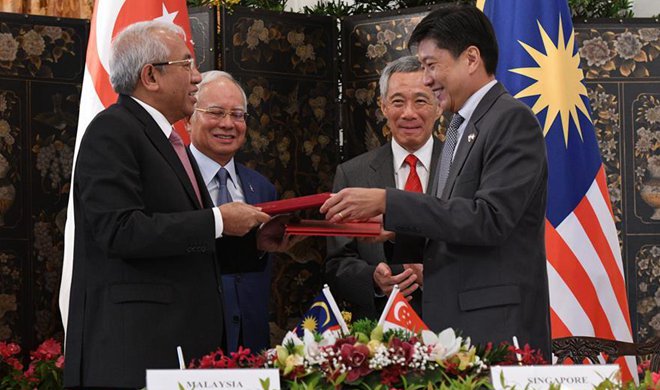BERLIN, Jan. 16 (Xinhua) -- Germany has once again recorded the world's largest current account surplus in 2017, showed a study published on Tuesday by the Munich-based Ifo Institute for Economic Research (Ifo).
In 2017, Ifo estimated that the German surplus reached 287 billion U.S. dollars. The second rung was occupied by Japan with a surplus of 203 billion dollars.
The current account is an economic indicator that is measured by the sum of a country's balance of trade (imports and exports) and net income (or losses) from international investments. A current account deficit must consequently be compensated with additional borrowing or economic adjustment (like lower wages and consumption) to ensure that equilibrium is restored in the international balance of payments.
While the figures released by Ifo suggest that German exporters are relatively unperturbed by a stronger Euro, they are also likely to draw renewed critical attention to the long-standing current account surplus achieved by the European Union's largest economy.
Berlin has repeatedly been chastised by U.S. President Donald Trump, as well as the Washington-based International Monetary Fund (IMF) for allegedly contributing to global imbalances with its export-driven growth model. The IMF argues that permanent surpluses above six percent of Gross Domestic Product (GDP) endanger economic stability because they imply corresponding deficits and a build-up of international liabilities in other countries.
Similarly, the German Federation of Wholesale and Foreign Trade (BGA) has advocated in favor of higher import levels. According to Ifo, Germany's current account surplus amounted to 7.8 percent of GDP in 2017, after 8.3 percent in 2016, well above the maximum threshold identified by the IMF.
While the BGA signaled its support for reducing Germany's current account surplus, its president Holger Bingmann told press that he did not believe that the current situation was the outcome of mercantilist policy, but rather just a reflection of the popularity of German products across the world.
"Good products seem to find their market," Bingmann said. The BGA president hence argued that it would be a mistake to adopt "protectionist" measures to reduce exports and that the German government should instead provide greater support for imports.
Ifo further noted that Germany's current account surplus in 2017 reflected a rise in income from international investments (49 billion euros in total between January and November 2017), as well as exporting prowess.
Ifo researchers expect the German current account surplus to remain at a level of around 7.8 percent of GDP in 2018. This figure could ultimately be even higher if central banks proceeded with their plans to raise interest rates and German income from international investments rose as a result.



















